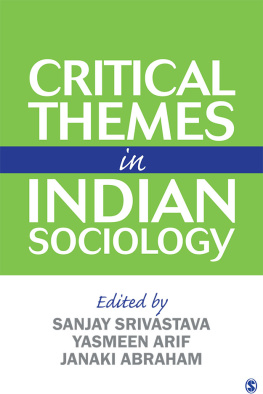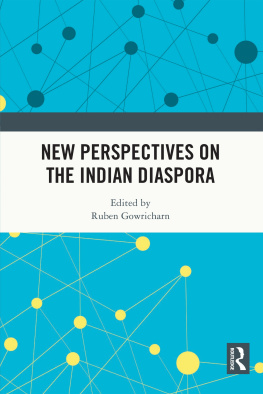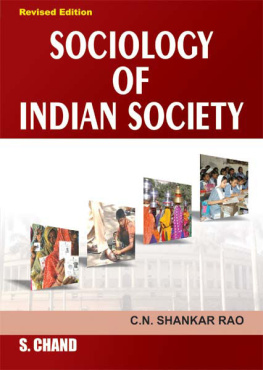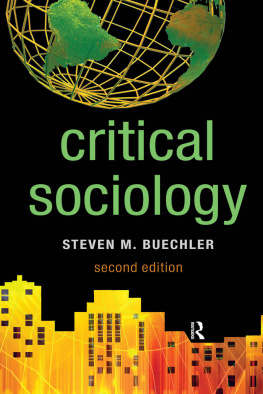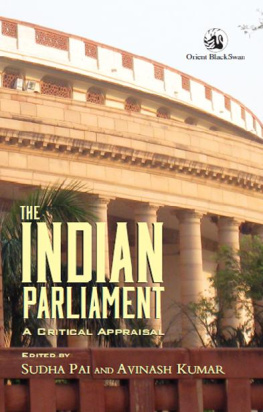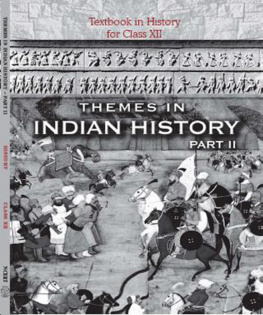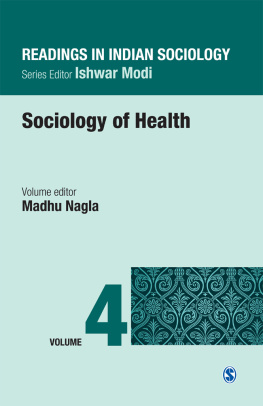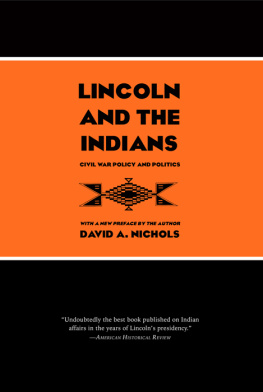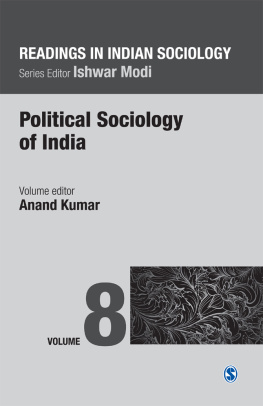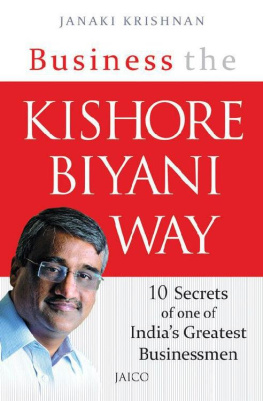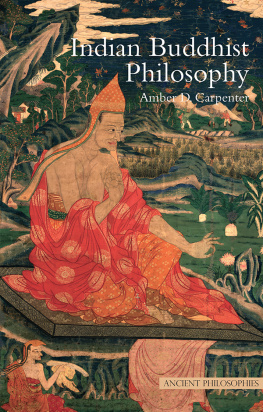
Advance Praise
This volume is a superb celebration of the fiftieth anniversary of Contributions to Indian Sociology , the leading journal in its field, which includes an excellent collection of essays on many different topics by a diverse group of anthropologists and sociologists from both India and the rest of the world. For novice students and experienced researchers alike, this volume will be an invaluable exploration of contemporary Indian society and culture, as well as an insight into how they are being critically studied today.
C. J. Fuller,
Professor Emeritus, Department of Anthropology,
London School of Economics, London, UK
A wonderful book Critical Themes in Indian Sociology is imaginative, knowledgeable, contemporary and, importantly, easy to read. Many chapters focus on traditional objects of enquiry: village; caste; marriage, family and kinship; religion; culture, nation, the rural and urban but from a present day perspective. They bring in new data and themes, even as they engage with old debates of usefulness, concepts and methods in a global academia where the locals continue to matter.
Maitrayee Chaudhuri,
Professor,CSSS, Jawaharlal Nehru University, New Delhi
This volume is a fitting tribute to an extraordinary journal and in the range of its contributions shows the same commitment to variety, conceptual sophistication and empirical anchoring, which has made Contributions a mirror of the best in Indian sociology and anthropology.
Arjun Appadurai,
Goddard Professor in Media,
Culture and Communication, New York University


Copyright Sanjay Srivastava, Yasmeen Arif and Janaki Abraham, 2019
All rights reserved. No part of this book may be reproduced or utilised in any form or by any means, electronic or mechanical, including photocopying, recording, or by any information storage or retrieval system, without permission in writing from the publisher.
First published in 2019 by

| SAGE Publications India Pvt Ltd B1/I-1 Mohan Cooperative Industrial Area Mathura Road, New Delhi 110 044, India www.sagepub.in SAGE Publications Inc 2455 Teller Road Thousand Oaks, California 91320, USA SAGE Publications Ltd 1 Olivers Yard, 55 City Road London EC1Y 1SP, United Kingdom SAGE Publications Asia-Pacific Pte Ltd 18 Cross Street #10-10/11/12 China Square Central Singapore 048423 |
Published by Vivek Mehra for SAGE Publications India Pvt Ltd, typeset in 10/12.5 pts ITC Stone Serif by Zaza Eunice, Hosur, Tamil Nadu, India and printed at Chaman Enterprises, New Delhi.
Library of Congress Cataloging-in-Publication Data
Names: Srivastava, Sanjay, editor. | Arif, Yasmeen, editor. |
Abraham, Janaki.
Title: Critical themes in Indian sociology/edited by Sanjay Srivastava,
Yasmeen Arif, Janaki Abraham.
Description: New Delhi, India: SAGE Publications India, 2019. | Includes
bibliographical references and index.
Identifiers: LCCN 2018048558 | ISBN 9789352807956 (hbk: alk. paper) |
ISBN 9789352807963 (epub 2.0) | ISBN 9789352807970 (ebook)
Subjects: LCSH: SociologyIndia.
Classification: LCC HM477.I4 C75 2019 | DDC 301.0954dc23 LC record available at https://lccn.loc.gov/2018048558
ISBN: 978-93-528-0796-3 (ePub)
SAGE Team: Rajesh Dey, Guneet Kaur Gulati, Syeda Aina Rahat Ali and Ritu Chopra
For Triloki Nath Madan and Patricia Uberoi,
past editors and steadfast friends of
Contributions to Indian Sociology
Thank you for choosing a SAGE product!
If you have any comment, observation or feedback,
I would like to personally hear from you.
Please write to m e at
Vivek Mehra, Managing Director and CEO, SAGE India.
Bulk Sales
SAGE India offers special discounts
for purchase of books in bulk.
We also make available special imprints
and excerpts from our books on demand.
For orders a nd enquiries, write to us at
Marketing Department
SAGE Publications India Pvt Ltd
B1/I-1, Mohan Cooperative Industrial Area
Mathura Road, Post Bag 7
New Delhi 110044, India
E-mail us at
Subscribe to our mailing list
Write to
This book is also available as an e-book.
Contents
The journal Contributions to Indian Sociology ( CIS ) was founded by Louis Dumont and David Pocock in 1957 but ceased publication in 1966. In 1967, at the initiative of T.N. Madan, a new series recommenced publication, this time from New Delhi. The year 2016 was the 50 th year of the new series. It is this occasion that we commemorate in the present volume. Historically, the journal has had a very wide remitin terms of readers, writers and topicsand the task of reflecting this aspect in a volume such as this was a complex one. Initially, we had planned on two volumes. However, given the disparate nature of the contributions we had in mindto pay proper heed to what CIS has stood forit became extremely difficult to imagine how we might organise the articles in order that there might be two thematically coherent volumes. We finally decided to proceed with just one volume that takes up key concerns within Indian-related sociology. We believe that the final product is a genuine tribute to the life history of the journal and testimony to the generosity it attracts among sociologists around the world. We would, ideally, have liked the present volume to be out in 2016 itself. However, a project of this magnitudecoordinating a large number of contributors based in different parts of the worldhas its own mind. We seek the readers indulgence and hope that they will agree that the adage good things take time finds adequate reflection in the pages of the current volume.
There is much to celebrate in the 50 years of the journal. CIS has been an important space for sociological scholarship on India and for debate and dialogue among sociologists and social anthropologists globally. It has been the site of rich ethnographic and empirical work and conceptual formulations. As mentioned earlier, the themes that the journal has covered have been vast and range from caste, Hinduism and kinship in the early years of the journal to those of suicide, urban transformations and violence more recently. The section For a Sociology of India, which started as an article in the first avatar of the journal and then continued as a space for debate, has provided a vibrant context for articulations of very diverse views on the sociology of India. As Brazilian anthropologist Mariza Peirano (1991: 322) wrote in an article published under the same title,
Next page
